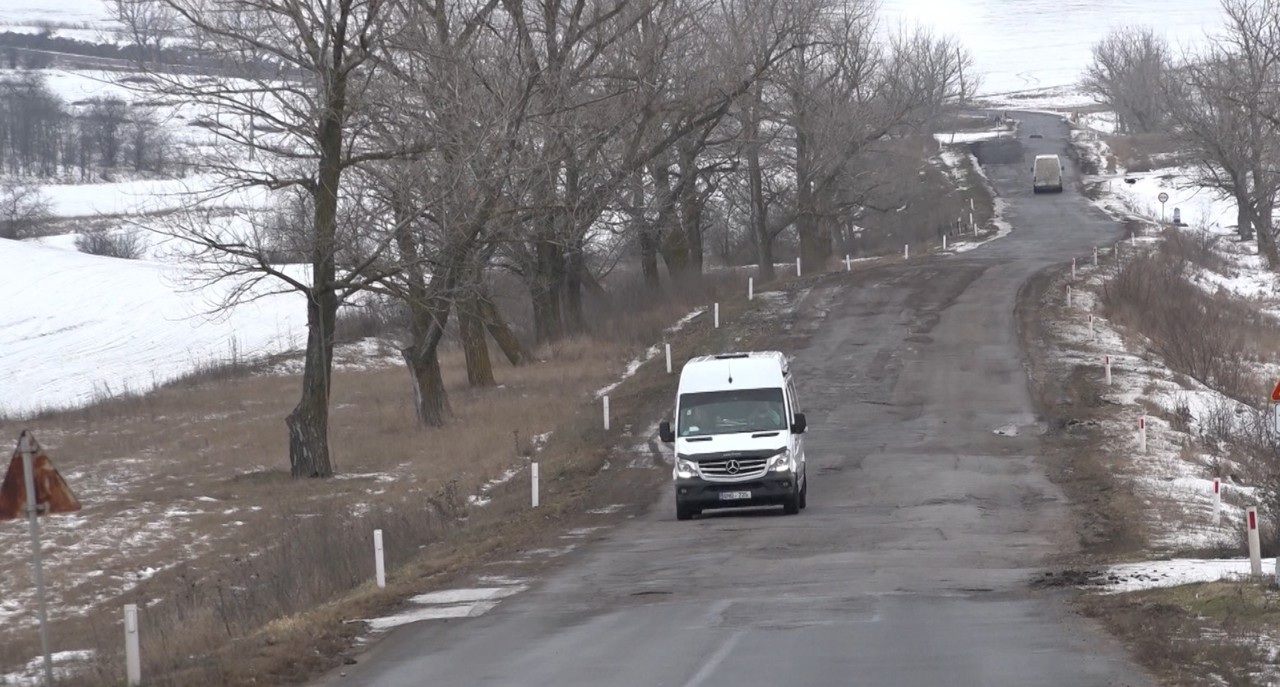Black Sea ports ease pressure, rail in focus for Moldova
Moldova and Ukraine are stepping up efforts to shift Ukrainian freight from congested roads to railways, aiming to ease border bottlenecks and boost Moldovan Railways' finances.

Following late-year discussions, the two countries plan to solidify their collaboration in the new year.
"Moving more cargo to rail would tackle two birds with one stone," explains Moldovan Infrastructure Minister Andrei Spînu. "We'd alleviate pressure on land crossings and secure valuable income for Moldovan Railways."
While Ukraine's recently reopened Black Sea ports have mitigated transit woes to some extent, Spînu emphasises the continued focus on maximising rail usage. This, he adds, "will ensure timely salaries for Moldovan Railways employees," an issue highlighted by the company's director Oleg Tofilat.
Meanwhile, hundreds of truck drivers remain stuck in lengthy queues, stretching up to 3 kilometres, at the Leușeni-Albița border crossing. Drivers attribute the delays to slow customs processing and a surge in Ukrainian trucks transiting Moldova. Leușeni customs officials, operating at full capacity, cite the overall influx from Ukraine as the primary cause of the gridlock.
Translation by Iurie Tataru






